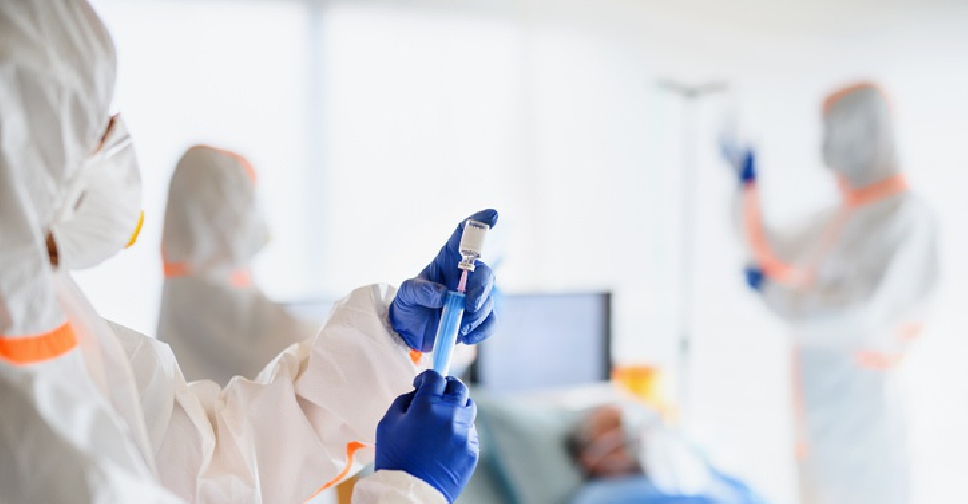
Gilead's remdesivir is not recommended for patients hospitalised with COVID-19, as there is no evidence the drug improves survival or reduces the need for ventilation, a World Health Organisation panel said.
"The panel found a lack of evidence that remdesivir improved outcomes that matter to patients such as reduced mortality, need for mechanical ventilation, time to clinical improvement, and others," the guideline said.
The advice is another setback for the drug, which grabbed worldwide attention as a potentially effective treatment for COVID-19 in the summer after early trials showed some promise.
At the end of October, Gilead cut its 2020 revenue forecast, citing lower-than-expected demand and difficulty in predicting sales of remdesivir, which is also known as Veklury.
The antiviral is one of only two medicines currently authorised to treat COVID-19 patients across the world, but a large WHO-led trial known as the Solidarity Trial, showed last month that it had little or no effect on 28-day mortality or length of hospital stays for COVID-19 patients.
The medication was one of the drugs used to treat US President Donald Trump's coronavirus infection, and had been shown in previous studies to have cut time to recovery. It is authorised or approved for use as a COVID-19 treatment in more than 50 countries.
Gilead has questioned the Solidarity Trial's results.
"Veklury is recognised as a standard of care for the treatment of hospitalised patients with COVID-19 in guidelines from numerous credible national organisations," Gilead said in a statement.
"We are disappointed the WHO guidelines appear to ignore this evidence at a time when cases are dramatically increasing around the world and doctors are relying on Veklury as the first and only approved antiviral treatment for patients with COVID-19."
The WHO's Guideline Development Group (GDG) panel said its recommendation was based on an evidence review that included data from four international randomised trials involving more than 7,000 patients hospitalised with COVID-19.
After reviewing the evidence, the panel said it concluded that remdesivir, which has to be given intravenously and is therefore costly and complex to administer, has no meaningful effect on death rates or other important outcomes for patients.
"Especially given the costs and resource implications associated... the panel felt the responsibility should be on demonstrating evidence of efficacy, which is not established by the currently available data," it added.
The latest WHO advice comes after one of the world's top bodies representing intensive care doctors said the antiviral should not be used for COVID-19 patients in critical care wards.
Peter Horby, a professor of emerging infectious diseases at the University of Oxford, said the advice should prompt "a rethink about the place of remdesivir in COVID-19".
"Remdesivir is an expensive drug that must be given intravenously for five to 10 days, so this recommendation will save money and other healthcare resources," he said.
The WHO's recommendation, which is not binding, is part of its so-called "living guidelines" project, designed to offer ongoing guidance for doctors to help them make clinical decisions about patients in fast-moving situations such as the COVID-19 pandemic.
The panel added that it supported continued enrolment into clinical trials evaluating remdesivir in patients with COVID-19, which it said should "provide higher certainty of evidence for specific groups of patients".
The recommendation may raise further questions about whether the European Union will need the 500,000 courses of the antiviral worth 1 billion euros it ordered last month.


 Syria to resume international flights on January 7
Syria to resume international flights on January 7
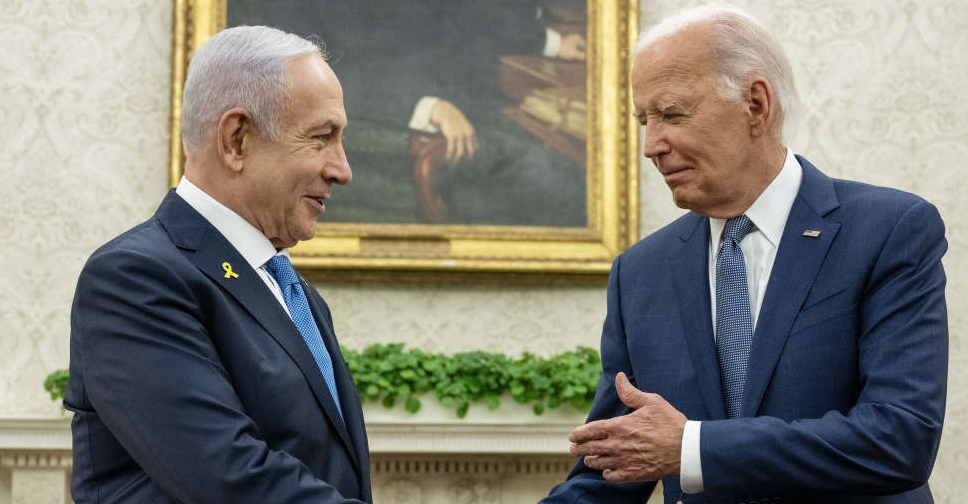 US plans $8 billion arms sale to Israel, US official says
US plans $8 billion arms sale to Israel, US official says
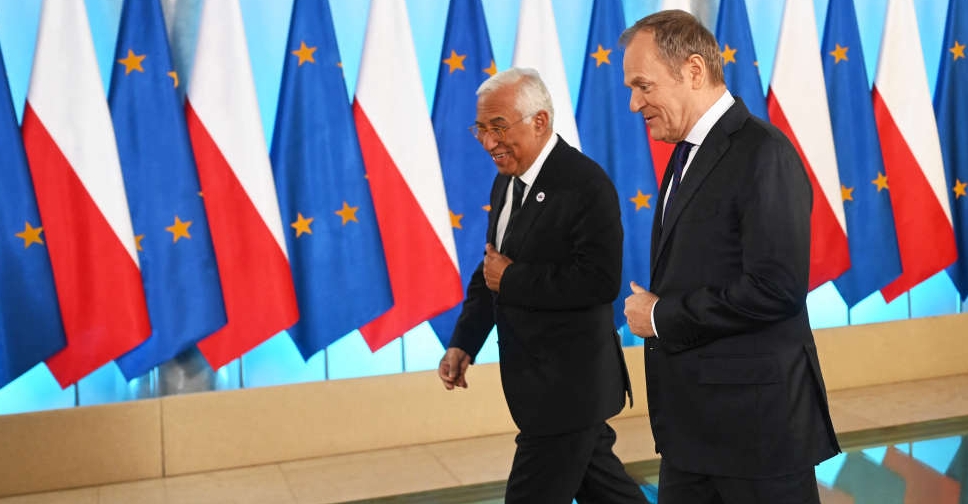 Poland takes over EU presidency with focus on security
Poland takes over EU presidency with focus on security
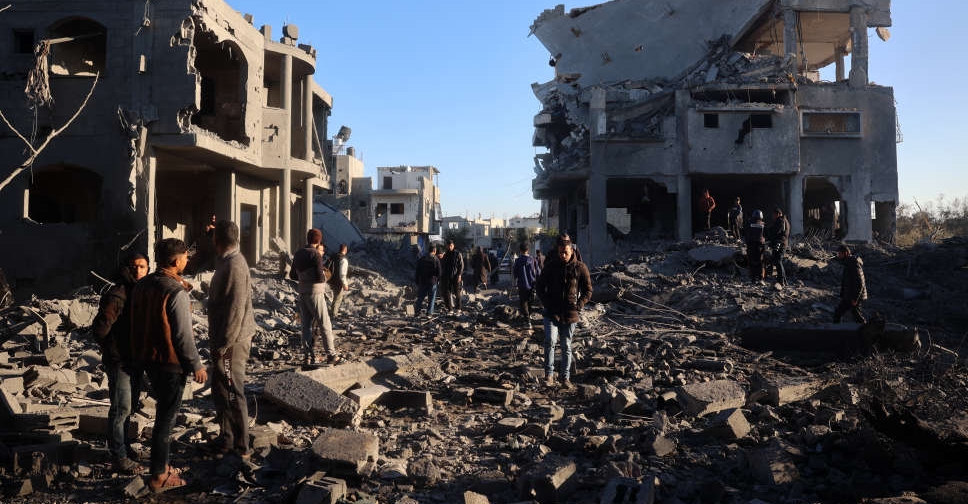 Israeli airstrikes push up Gaza death toll amid new truce push
Israeli airstrikes push up Gaza death toll amid new truce push
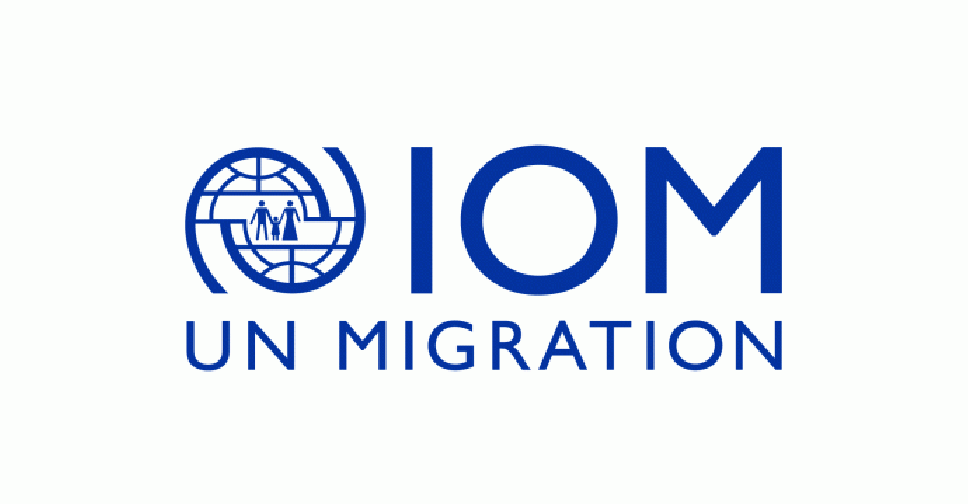 IOM warns of winter's impact on displaced Palestinians in Gaza
IOM warns of winter's impact on displaced Palestinians in Gaza






